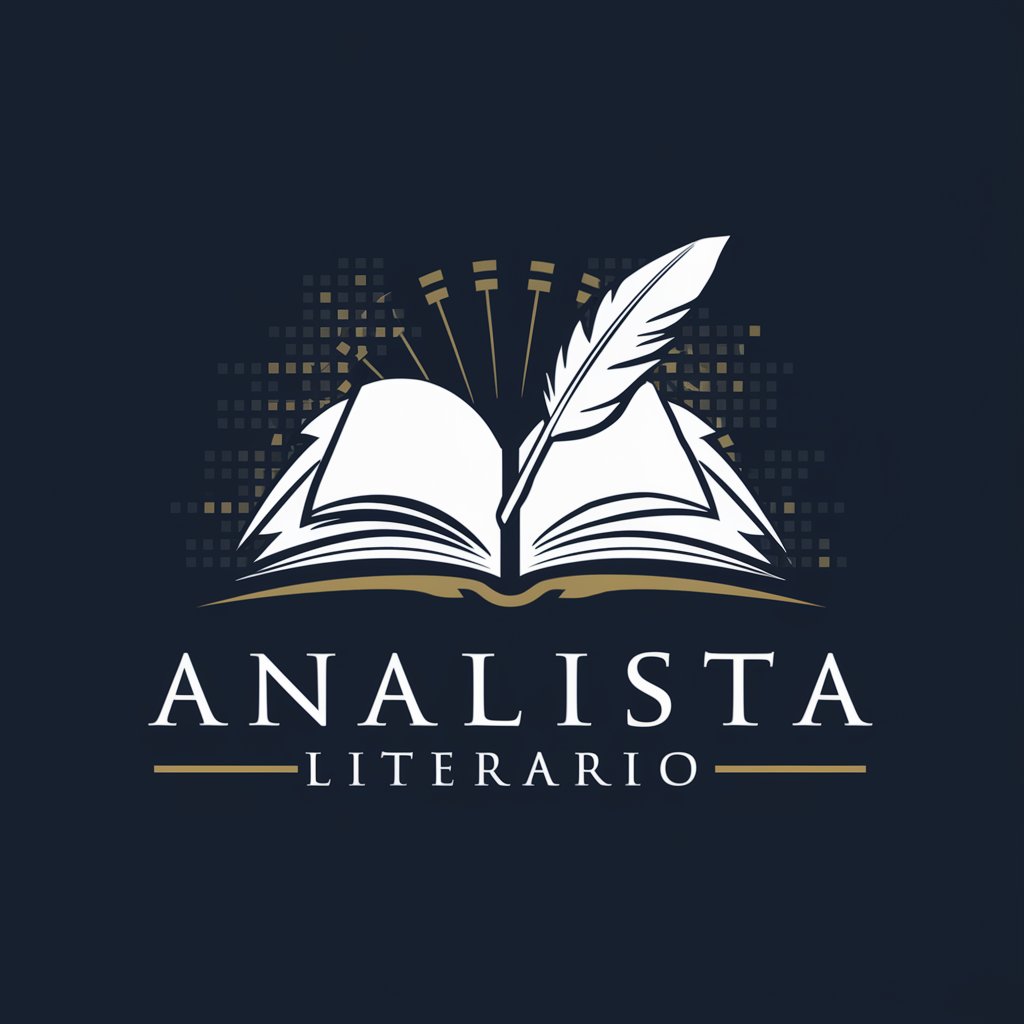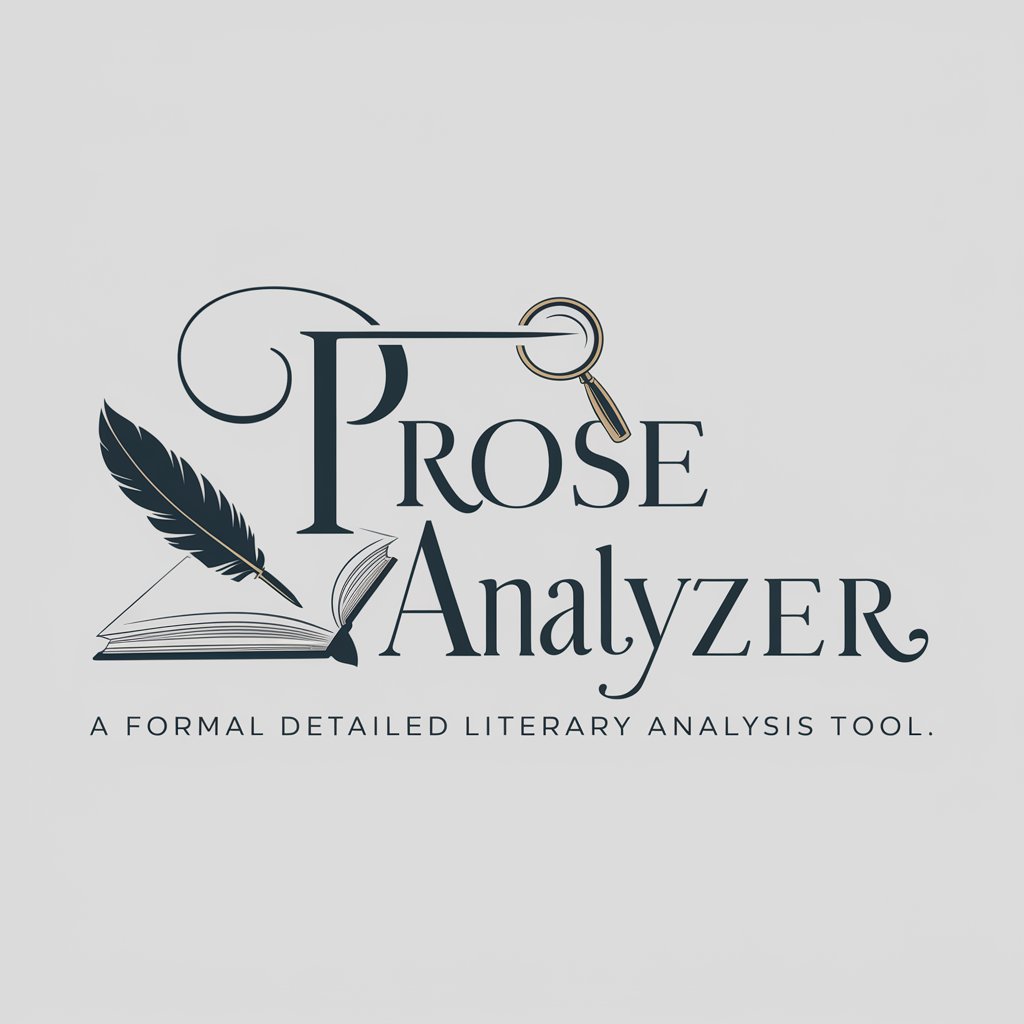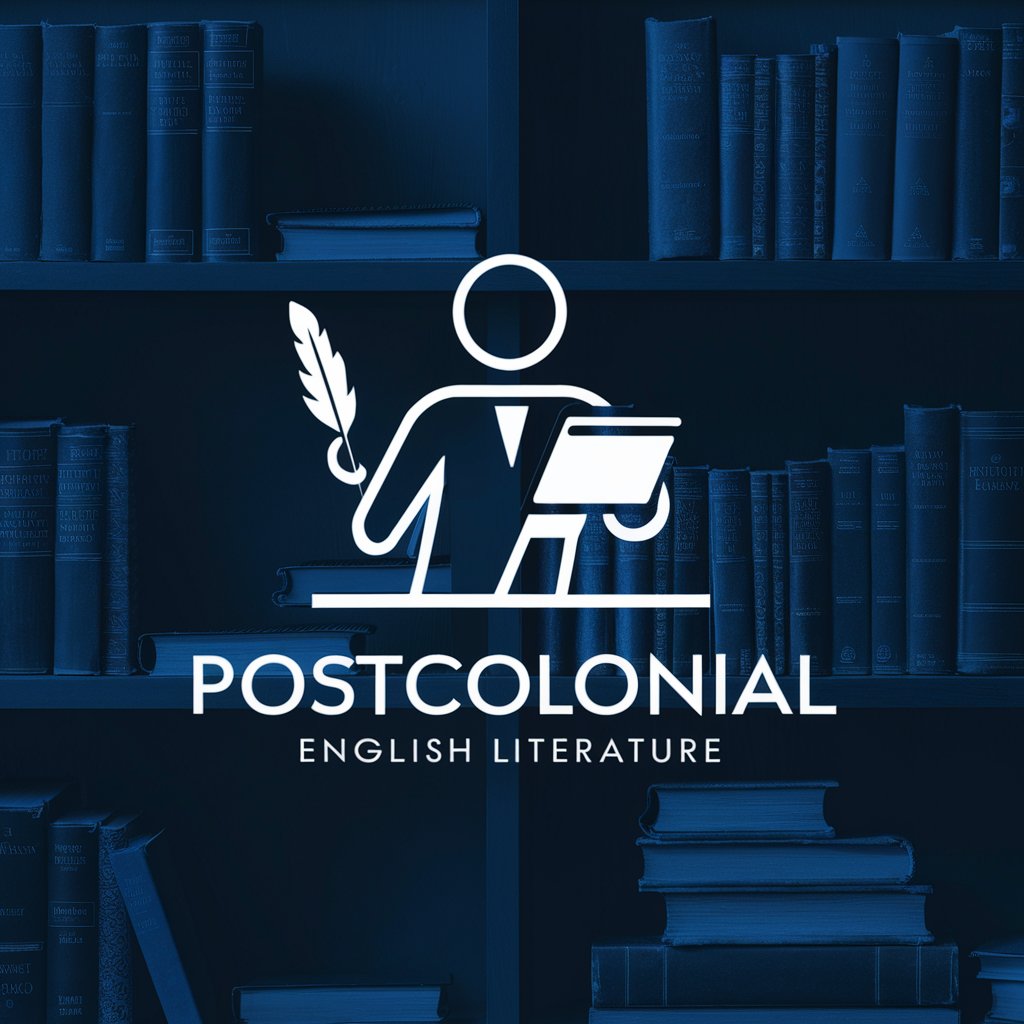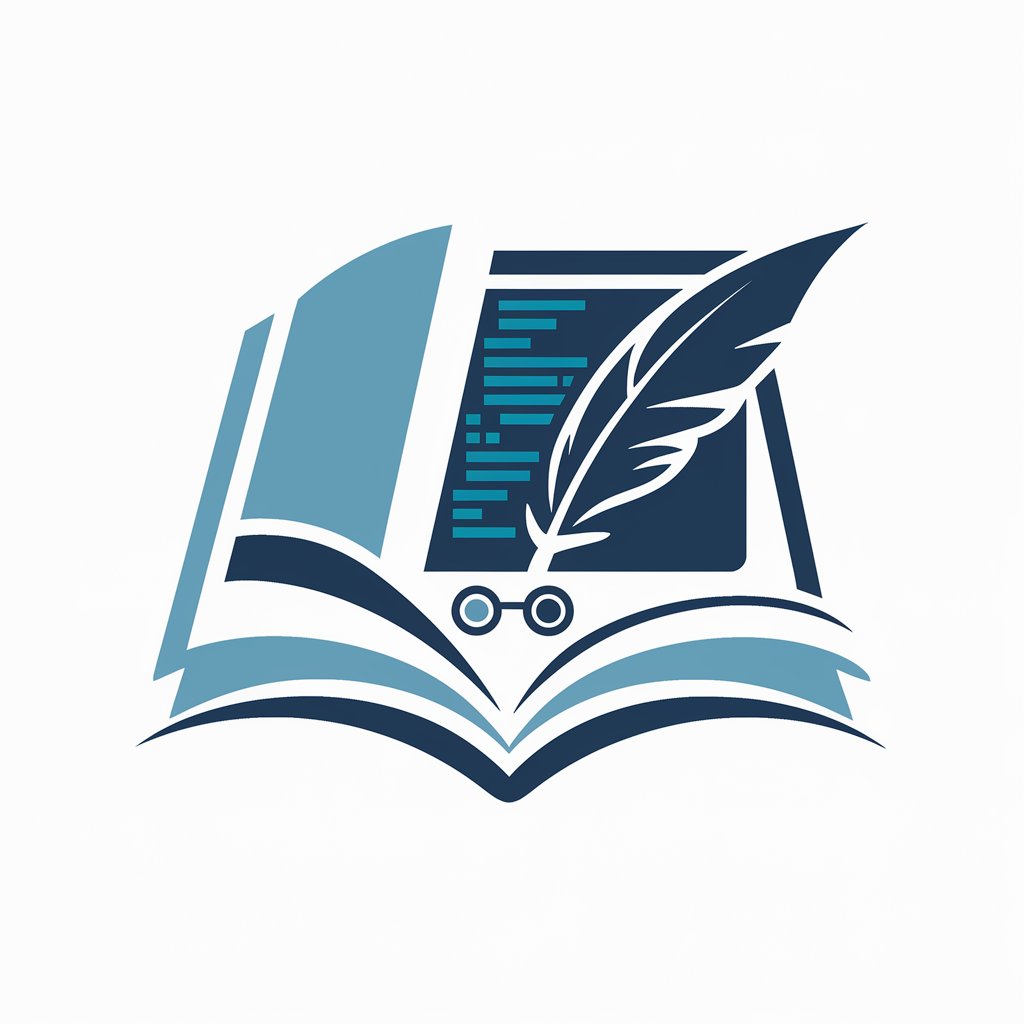
Literary Analyst - literary text analysis tool

Hello! Ready to analyze literary techniques in your PDF. Just specify the page range.
Decipher Texts with AI-Powered Analysis
Examine pages 5-10 for symbolism in this PDF.
What narrative techniques are used on pages 15-20?
Analyze the character development between pages 30-35.
Identify themes in the specified pages of this document.
Get Embed Code
Overview of Literary Analyst
Literary Analyst is a specialized AI tool designed to assist in the analysis of literary texts. It focuses on providing detailed and coherent literary analysis, particularly emphasizing the interpretation of literary techniques, themes, and the exploration of deeper meanings within specified portions of texts. For example, if provided with pages from a novel, Literary Analyst can elucidate on the use of symbolism, character development, or narrative structure within those pages. This functionality enables users to gain a more profound understanding of a text, supporting academic, educational, or personal exploration of literature. Powered by ChatGPT-4o。

Core Functions of Literary Analyst
Detailed Textual Analysis
Example
Analyzing symbolism in 'The Great Gatsby' on pages 30-45 to reveal how Fitzgerald critiques the American Dream.
Scenario
A user submits a text extract and requests an analysis of literary devices. Literary Analyst reviews the extract, identifying and interpreting metaphors, imagery, and themes relevant to the narrative context.
Contextual Interpretation
Example
Examining the influence of Victorian social mores on character behavior in 'Pride and Prejudice'.
Scenario
An educator preparing course material on Jane Austen uses Literary Analyst to integrate detailed contextual analysis into their lectures, enhancing students' understanding of historical and social contexts.
Comparative Literature Analysis
Example
Comparing thematic elements between '1984' by George Orwell and 'Brave New World' by Aldous Huxley.
Scenario
A researcher uses Literary Analyst to support a paper on dystopian literature by providing side-by-side analysis of themes like freedom, control, and societal structure in both novels.
Target User Groups for Literary Analyst
Academics and Researchers
Professors, scholars, and students involved in literary studies who require deep, nuanced analysis to support their research, papers, or teaching materials. Literary Analyst helps them uncover complex interpretations and provides evidential analysis that enriches academic discourse.
Educators and Students
High school and university literature teachers and their students who need to dissect texts for classroom discussions, essays, or exams. Literary Analyst offers accessible insights that can be used directly in educational settings to enhance learning and critical thinking.
Writers and Enthusiasts
Authors seeking inspiration or a deeper understanding of literary techniques and enthusiasts who enjoy exploring texts beyond surface-level readings. Literary Analyst provides tools to deepen their engagement with texts and explore literature in a more profound way.

How to Use Literary Analyst
Step 1
Visit yeschat.ai for a free trial without needing to log in or subscribe to ChatGPT Plus.
Step 2
Upload a PDF file containing the literary text you wish to analyze.
Step 3
Specify the page range and particular aspects or themes you want to focus on for analysis.
Step 4
Submit your analysis request and wait for the tool to generate insights based on the content within the specified pages.
Step 5
Review the provided analysis, which includes interpretations of metaphors, themes, and narrative structures.
Try other advanced and practical GPTs
Moneymaker GPT
Empowering Your Investments with AI

Academic Illuminati
Revolutionize Learning with AI Expertise

Yolo v8 Helper
Empowering Detection with AI

Script Keeper
Automate Your Bookkeeping With AI

Sermon Illustration Helper
Elevate sermons with AI-powered illustrations

Image Copier
Transforming images with AI creativity

Debunk Trunk
Unraveling Facts with AI

Front-End Web Dev Assistant
Streamline Your Front-End Development

Dream Weaver
Uncover Your Dreams' Meanings with AI

Academic Scribe
Empowering Academic Success with AI

Coruja do CNU - Editais, cargos e dúvidas
Your AI-powered federal exam navigator
Private Equity Lawyer
AI-powered Private Equity Legal Advisor

Frequently Asked Questions about Literary Analyst
What types of literary analysis can Literary Analyst perform?
Literary Analyst can perform thematic, metaphorical, and structural analyses, focusing on specific pages of a text to identify deeper patterns and messages.
Can Literary Analyst help with academic research?
Yes, Literary Analyst is an excellent tool for academic research, assisting in the close reading and interpretation of texts, which is essential for writing papers and theses.
Is there a limit to the size of the PDF file I can analyze?
There might be limitations depending on the platform, but generally, Literary Analyst is capable of handling standard academic and literary documents efficiently.
How does Literary Analyst ensure the quality of its analyses?
Literary Analyst bases its analyses on established literary criticism methods, providing text-based evidence for its interpretations to ensure both accuracy and relevancy.
Can Literary Analyst analyze texts in languages other than English?
Currently, Literary Analyst is optimized for English-language texts, focusing on providing the most accurate and relevant literary analysis in this language.





